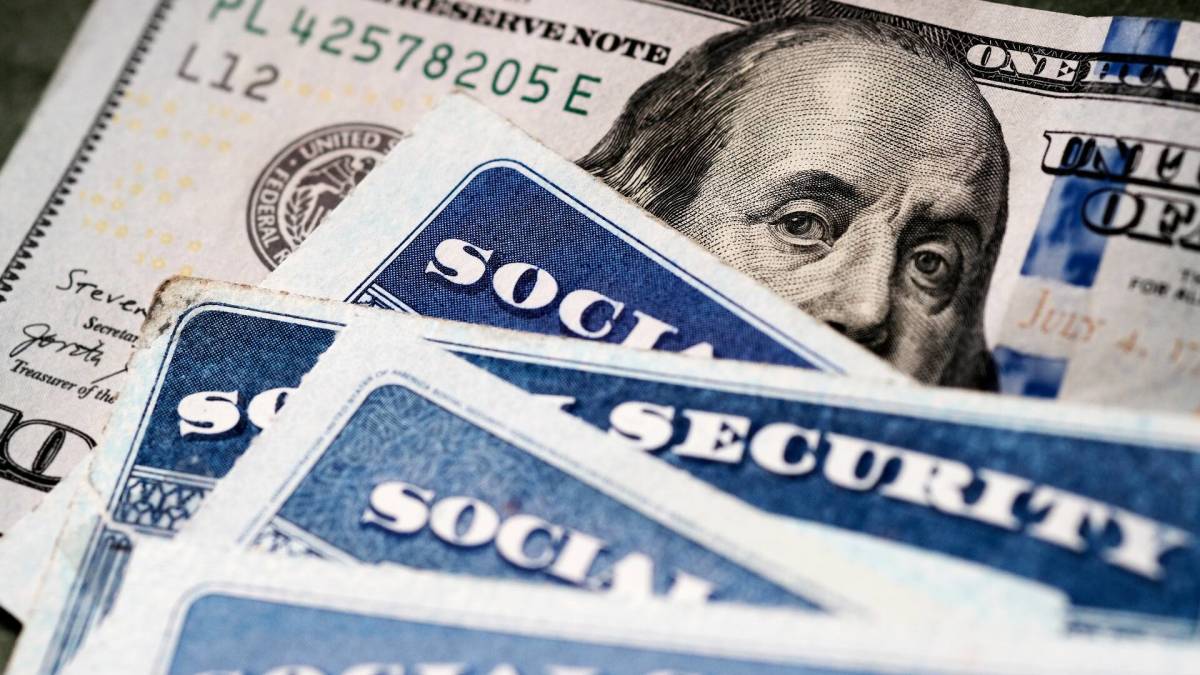The AARP was founded in 1958 to fight for the needs of older Americans — and defending Social Security as critical to retirement income has consistently been a key piece of its mission over the years.
Specifically, opposition to Social Security privatization has been an important part of the AARP's advocacy.
The AARP’s resistance to privatizing Social Security was an urgent matter in the early 2000s, when President George W. Bush proposed a policy allowing workers to channel part of their payroll taxes into personal investment accounts.
The nonprofit organization reacted, arguing that the plan threatened the core mission of Social Security by replacing stable, guaranteed benefits with market-driven returns that could fluctuate and fail retirees.
💵💰Don't miss the move: Subscribe to TheStreet's free daily newsletter 💰💵
AARP says Social Security has a critical mission for retirees
The AARP argued that Social Security should not be viewed as af it were just another retirement account. Rather, the federal program offered consistent and defined benefits that were protected from inflation throughout a person's retirement years.
It suggested that shifting Social Security toward privatization would weaken its dependability and potentially expose millions of Americans to the risks of economic instability.
Instead of privatization, the AARP pushed for measures aimed at reinforcing the program’s long-term financial health while preserving its essential guarantee.
Among its recommendations were increasing the income threshold subject to payroll taxes and expanding coverage to include a broader segment of the workforce.
Related: White House insider slips up, reveals secret Social Security plan
Over time, the AARP has consistently fought for Social Security, calling it a public trust that is earned through a lifetime of working and paying into the system — not something worth risking in the stock market.
So it was no surprise that the organization had a strong reaction to Treasury Secretary Scott Bessent's assertion on July 30 that the “Trump accounts” in the recently passed federal tax and budget bill were a “backdoor” to privatizing Social Security.
“Trump accounts” are tax-deferred savings accounts for newborns, seeded with $1,000 from the government and invested in mutual funds or index funds.
Shutterstock
AARP condemns Treasury Secretary Scott Bessent's Social Security remarks
John Hishta, the AARP's senior vice president of campaigns, issued a statement on July 30.
“AARP condemns Treasury Secretary Scott Bessent's endorsement of a ‘backdoor' to Social Security privatization,” the statement said. “We have fought any and all efforts to privatize Social Security, and we will continue to.”
“President Trump has emphasized many times that Social Security ‘won't be touched,' and that he is ‘not going to touch Social Security,'” it continued. “This must include any and all forms of ‘privatization.'”
More on personal finance:
- Dave Ramsey warns Americans on Social Security
- Jean Chatzky sends strong message on major 401(k) changes
- Finance expert has blunt words for car buyers
Hishta briefly explained how the AARP views the importance of Social Security benefits and then emphasized the organization's position on privatization.
“More than 69 million Americans rely on Social Security,” he said. “Social Security is the bedrock of American retirement, lifting tens of millions of seniors out of poverty and providing an inflation-proof retirement for all.”
“President Trump has said that Social Security should be protected and strengthened, and his Administration needs to be clear: Any form of Social Security privatization is unacceptable,” Hishta continued.
Related: Dave Ramsey warns Americans on Social Security
AARP sends strong message defending Social Security
The AARP underscored its argument in support of Social Security.
Currently, a Social Security recipient — of which there are 69 million — gets a fixed amount of money each month — guaranteed — from the federal government based on their lifetime earnings and the age at which they start claiming the benefit. Privatized accounts, on the other hand, would not guarantee a payment amount and would instead be based on the whims of the market, erasing Social Security as a promise that retirees can count on.
AARP has long opposed efforts to privatize Social Security, including President George W. Bush’s proposal in 2004, arguing that doing so would put a reliable, guaranteed and essential part of Americans’ retirement incomes at risk.
Related: Jean Chatzky sends strong message to Americans on Social Security













